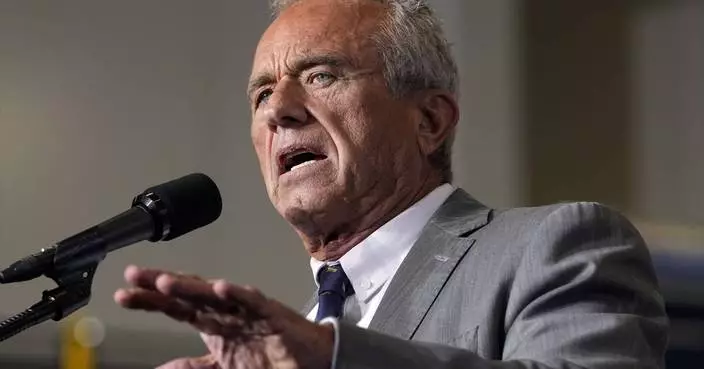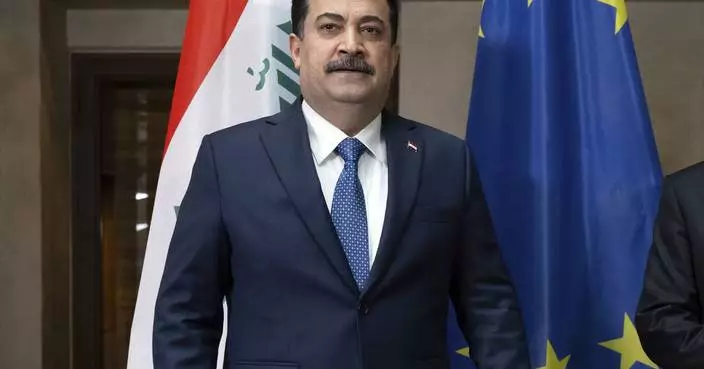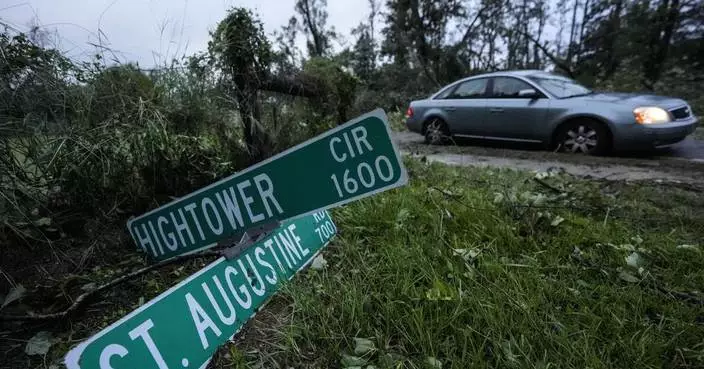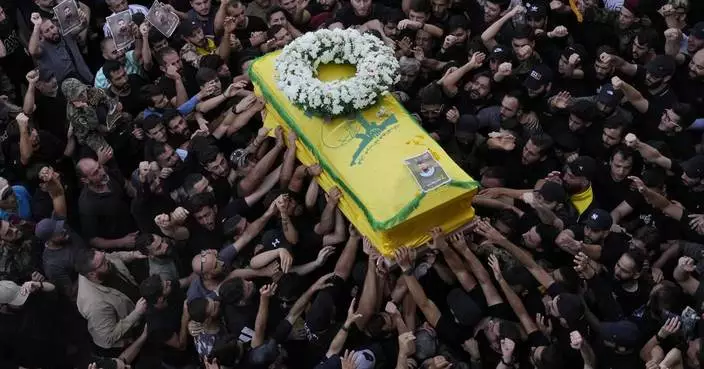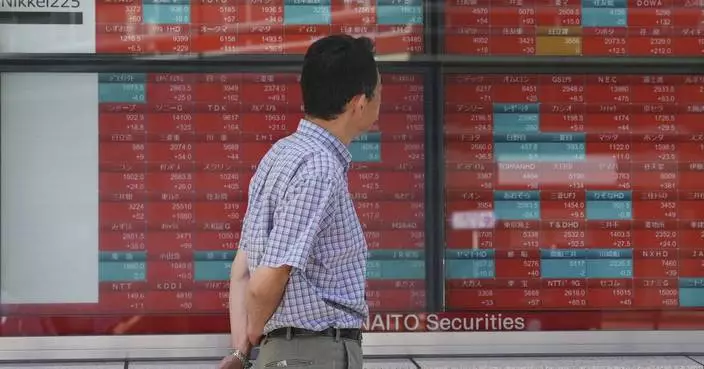RESTON, Va.--(BUSINESS WIRE)--Jun 18, 2024--
The world’s most comprehensive identity document template database, owned and maintained by Regula, a global developer of forensic devices and identity verification solutions, has just become even bigger. It is reaching14,000 ID templates from 250 countries and territories. With the latest IDs added, including the first vertical ID card from Iceland made in accordance with thenew ICAO specifications, this database is a valuable asset in any identity verification (IDV) process.
This press release features multimedia. View the full release here: https://www.businesswire.com/news/home/20240618808897/en/
Regula develops and supports two document collections—the Information Reference System (IRS) and the ID template database—which serve different purposes.
The IRS is a comprehensive digital collection of meticulously scrutinized images of documents, including passports, ID cards, visas, banknotes, coins, driver's licenses, and vehicle documents —and their security features—from 225 countries and territories. This database aids border control officers, forensic experts, and other specialists in verifying a document's authenticity through manual examination.
In contrast, the ID template database is specifically designed to facilitate automated document verification using software solutions. Its latest update encompassed a variety of recently issued identity documents, including those containing dynamic security features, such as holograms, optically variable inks (OVIs), lenticular images, etc. The growing tendency to incorporate such security features in IDs is understandable: it is done to make counterfeiting a much harder task. However, it makes sense only if this dynamic protection can be properly verified through so-called liveness checks, even in remote scenarios.
Regula’s ID template database contains detailed descriptions of security features in a document, including dynamic ones: holograms, kinegrams, OVIs, etc. This, combined with advancements in Regula Document Reader SDK’s capabilities, makes it possible to check IDs online with the same precision that was previously attainable only in on-site scenarios.
Regula’s solution uses ID templates and employs advanced algorithms to analyze the presence of dynamic security features and images in documents, along with their exact location, content, and the physical aspects that make them dynamic: changing colors, images, and so on. This liveness-centered approach helps effectively prevent various types of fraud, such as printed photo attacks and screen replay attacks.
“By constantly adding all types of identity documents in circulation around the world, including those that have been recently issued, we not only empower our customers with up-to-date information but also help them and ourselves keep pace with the ever-evolving document security industry. The knowledge of new ID features allows us to enhance our software capabilities, making fraud prevention even more efficient,” says Ihar Kliashchou, Chief Technology Officer at Regula.
Among the identity documents added to Regula’s database this year are IDs issued in late 2023 or early 2024. To see the full list, please follow the link.
To learn more about Regula’s most extensive and comprehensive ID template database and see the full list of supported documents, please visit the website.
About Regula
Regula is a global developer of forensic devices and identity verification solutions. With our 30+ years of experience in forensic research and the largest library of document templates in the world, we create breakthrough technologies in document and biometric verification. Our hardware and software solutions allow over 1,000 organizations and 80 border control authorities globally to provide top-notch client service without compromising safety, security, or speed. Regula has been repeatedly named a Representative Vendor in the Gartner® Market Guide for Identity Verification.
Learn more at www.regulaforensics.com.
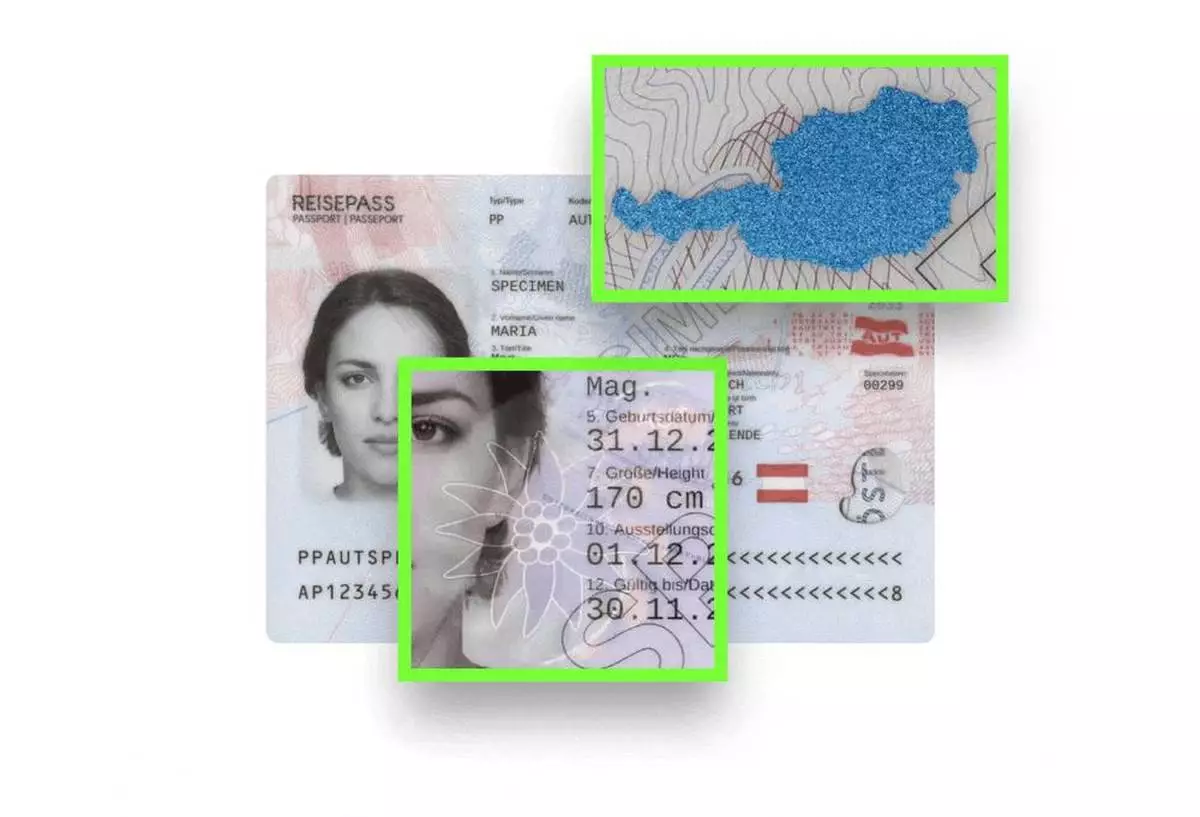

Regula Document Reader SDK verifies holograms and OVI in Austrian passports using the world's largest ID template database. (Photo: Regula)
UNITED NATIONS (AP) — They were sharing the world stage to discuss a plan to give young people more input in decisions that shape lives. And 26-year-old Daphne Frias, talking to the head of the United Nations, had thoughts.
“Truly, it’s time for the people who do so much of the talking to do less of the talking," the disability and climate activist told Secretary-General António Guterres. “And to have the voices of my generation ... lead."
Their exchange this month, at a leadup event to the U.N. General Assembly's meeting of nations' leaders, was a measure of diplomacy's generation gap.
A big young cohort is coming of age in a troubled world, and it's coming with ideas about inclusion, participation and authority. Those ideas are nudging the hierarchical, bureaucratic ways of an international order set up when their grandparents were kids or not even born.
“My generation messed up when it comes to the world today," the 75-year-old U.N. chief told Frias and an audience of activists and others in the vast, coolly elegant assembly hall.
The world needs a new generation that understands “we are living to disaster" and can turn it around, Guterres said, adding emphatically: “We cannot do that if your generation is not part of the decision-making process that is still controlled by my generation that messed up."
But how to make that change in a global system and governments largely run by older people, and a United Nations that has tried to engage the young but still has some procedures, protocol — and even architecture — reflecting what was “modern” more than seven decades ago? Does the U.N. matter, anyway, to a social-network-native generation with its own means of connecting and organizing across borders, and with a sense of urgency that chafes at the pace of intergovernmental accords?
Marinel Sumook Ubaldo, a 27-year-old Filipina climate activist, has been involved in U.N. conferences and believes the world body can be a valuable platform for advocacy. But so can grassroots organizing and building public pressure outside big organizations, Ubaldo says.
“If the U.N. can shift from symbolic inclusion to truly empowering youth with decision-making authority and accountability mechanisms, I would say it would remain relevant,” she said. “But if not, young people will continue to forge new paths.”
Over 1.9 billion people — nearly a quarter of the world population — are between ages 10 and 24. But young people are sparse in the corridors of power. Under 3% of members of national legislatures are under 30, according to the Inter-Parliamentary Union, a global group of such bodies.
Of course, today's young activists aren't the first to worry about the world they're inheriting, to yearn to be heard or to feel they can't wait patiently for the creaky wheels of change to turn.
But this generation has been steeped in a particular brew of risks and crises: post-9/11 wars and security culture, a financial meltdown, a pandemic, billions of people living in conflict zones, a planet that's warming at the fastest rate ever measured. And, with the rise of social media, the generation's ideas about solutions to such challenges move around faster than ever before.
As Frias puts it, “we don’t have time for dues to be paid" to try to influence things.
“We constantly get told that we are inspirational, that we’re doing a great job, that we are the future,” Frias, an American-born daughter of Dominican immigrants, said in an interview. “But inspiration doesn’t change the world. Action does."
Over the years, the U.N. has made various overtures to young people. An assistant secretary-general for youth affairs, Felipe Paullier, was tapped last year. There had previously been a lower-level youth envoy.
A roster of youth delegates, advisory groups and more have taken part in U.N. activities over the decades. Some have attracted considerable attention, including speeches by Afghan girls' education advocate and Nobel laureate Malala Yousafzai, climate activist Greta Thunberg and K-pop stars BTS.
A 2018 initiative called “Youth 2030” is meant to make young people “full-fledged partners” in the U.N.’s work. A recent update said progress has been “steady but slower than desired.”
Now comes the “ Pact for the Future,” a wide-ranging document approved Sunday at a summit that kicked off this year’s big General Assembly gathering. The pact includes pledges to spend more on youth services, to create jobs and to promote “meaningful youth participation" in national policymaking and U.N. processes.
That might sound bland to the casual observer. But through a U.N. lens, devoting a chapter to youth and future generations in a laboriously negotiated global blueprint — and getting 193 nations to sign off — elevates and enshrines youths as a priority.
“Ten or 15 years ago, you know, young people were just seen as beneficiaries of policies,” Paullier, 33, said in an interview. “There are many things changing that are showing institutions, decision-makers, are saying, 'OK, we need to engage with them as partners.'"
There's still far to go, he notes.
Nudhara Yusuf, who co-chaired a civil society conference that helped prepare for the recent summit, says the U.N. has made "a real turn" toward engaging young people. Now it's a question of making promises of “meaningful” participation ... meaningful.
“How do you go beyond just putting someone on a panel? How do you ensure that they’re part of the dialogue offstage, as well?” asks Yusuf, 25. Born in Britain and raised in India, she's a researcher at the Stimson Center think tank in Washington.
Young activists also may lack the resources to move in international circles when it entails far-flung travel. While many have started organizations and done fundraising, some say it's hard getting past a “youth organization” rubric to tap bigger pools of grants, despite working on broader issues.
Amani Joel Mafigi, who co-founded an entrepreneurship organization in Uganda, thinks the U.N. should establish a youth empowerment fund to back climate, social justice and innovation initiatives. The 27-year-old offered that suggestion to the secretary-general at the same event with Frias.
In an interview, Mafigi added that he'd want young “changemakers” to be central to structuring such a fund and steering its work.
“I have seen how much young people with little resources can do and can achieve within a minimum period of time, with less bureaucratic processes," said Mafigi, who fled Congo as a refugee in 2008.
Guterres told him, Frias and others in the assembly hall that the U.N. aims to add more young staffers and to give youths a voice “when things are being decided, not when things have been decided.”
“But, I mean, let’s be clear: Power is never given. Power is taken,” Guterres said. “So I encourage young people not to be afraid to fight for their rights.”
See more of AP’s coverage of the U.N. General Assembly at https://apnews.com/hub/united-nations
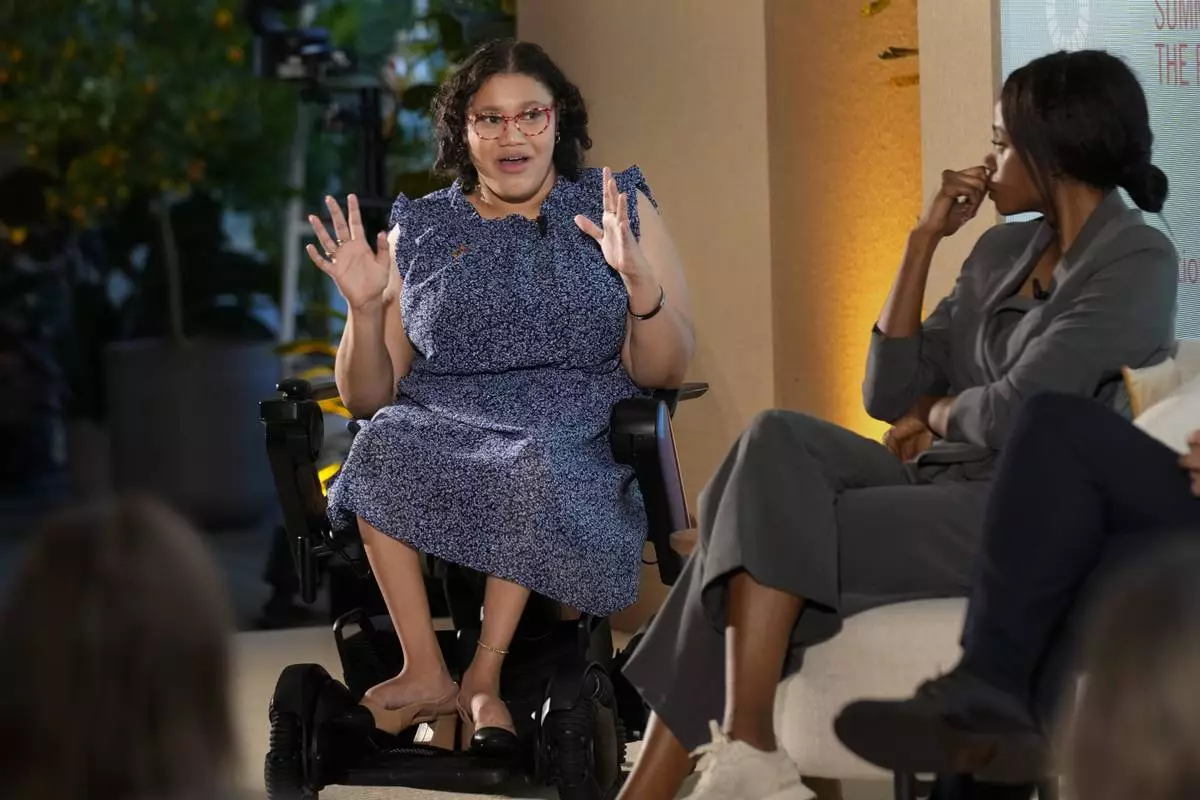
Daphne Frias speaks during an event at United Nations headquarters, Thursday, Sept. 26, 2024. (AP Photo/Seth Wenig)
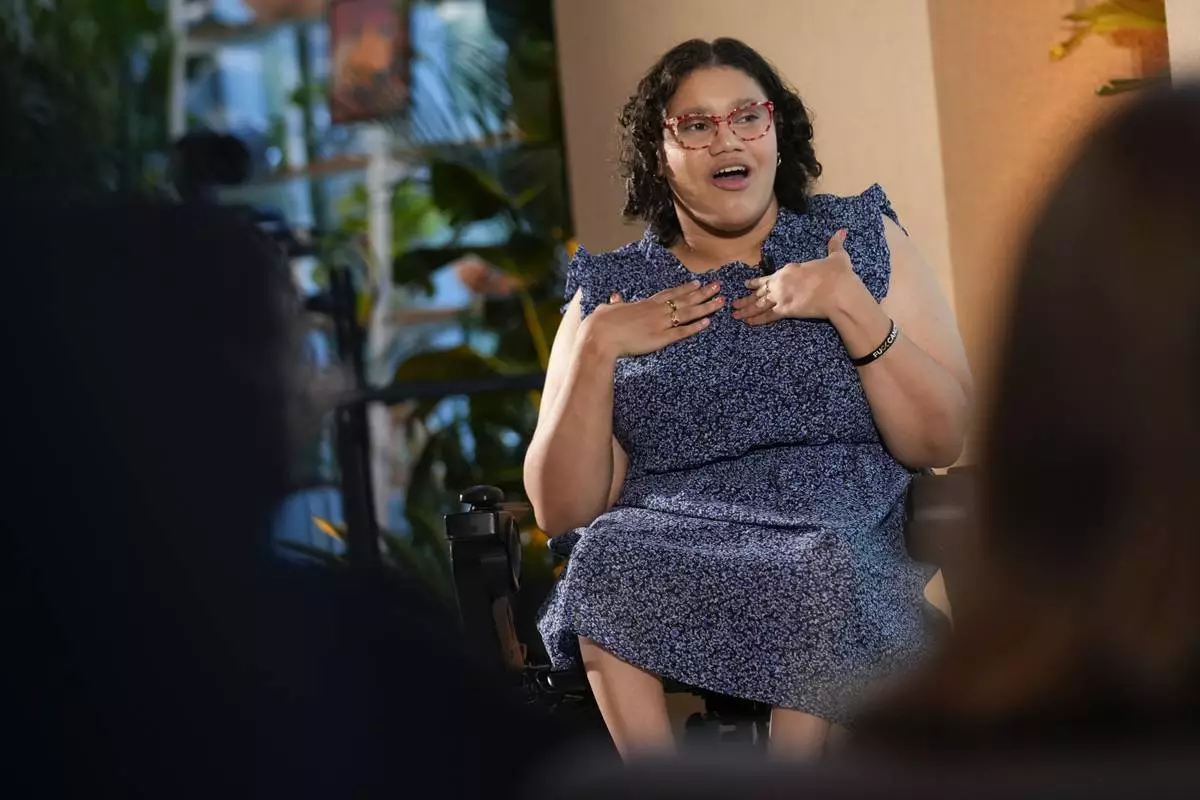
Daphne Frias speaks during an event at United Nations headquarters, Thursday, Sept. 26, 2024. (AP Photo/Seth Wenig)
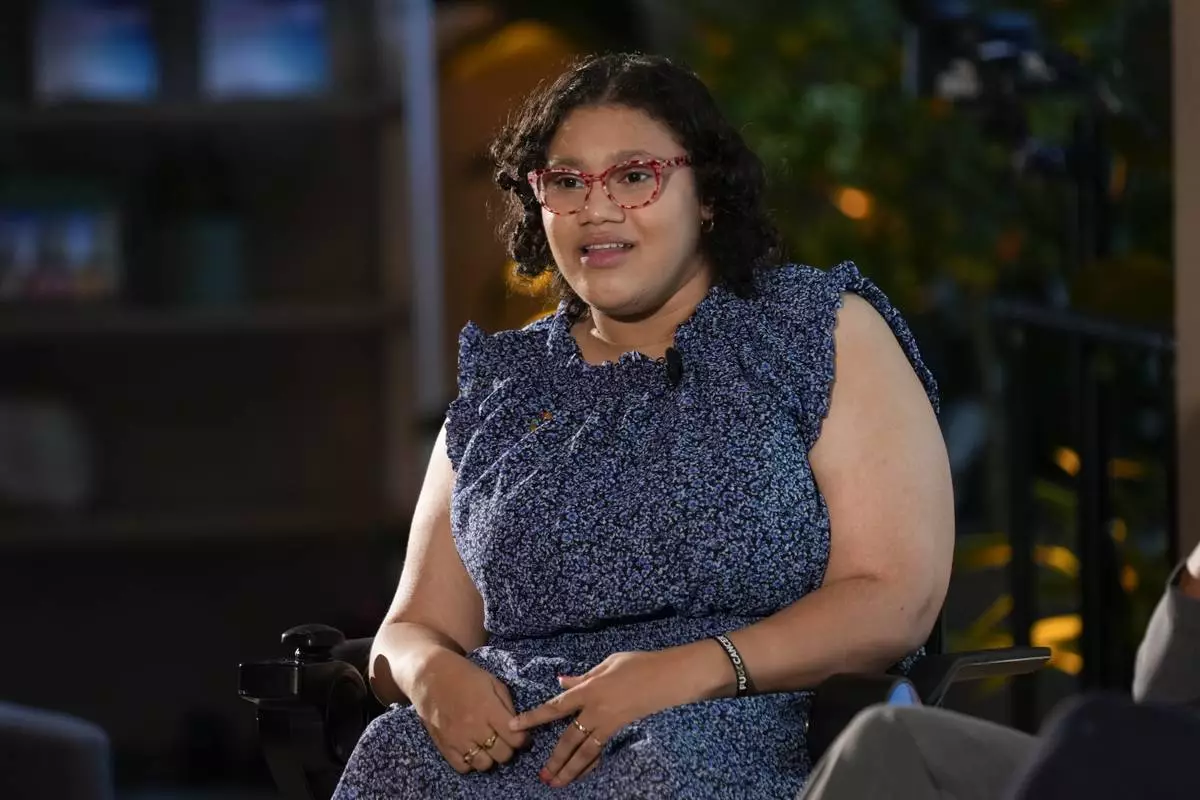
Daphne Frias speaks during an event at United Nations headquarters, Thursday, Sept. 26, 2024. (AP Photo/Seth Wenig)
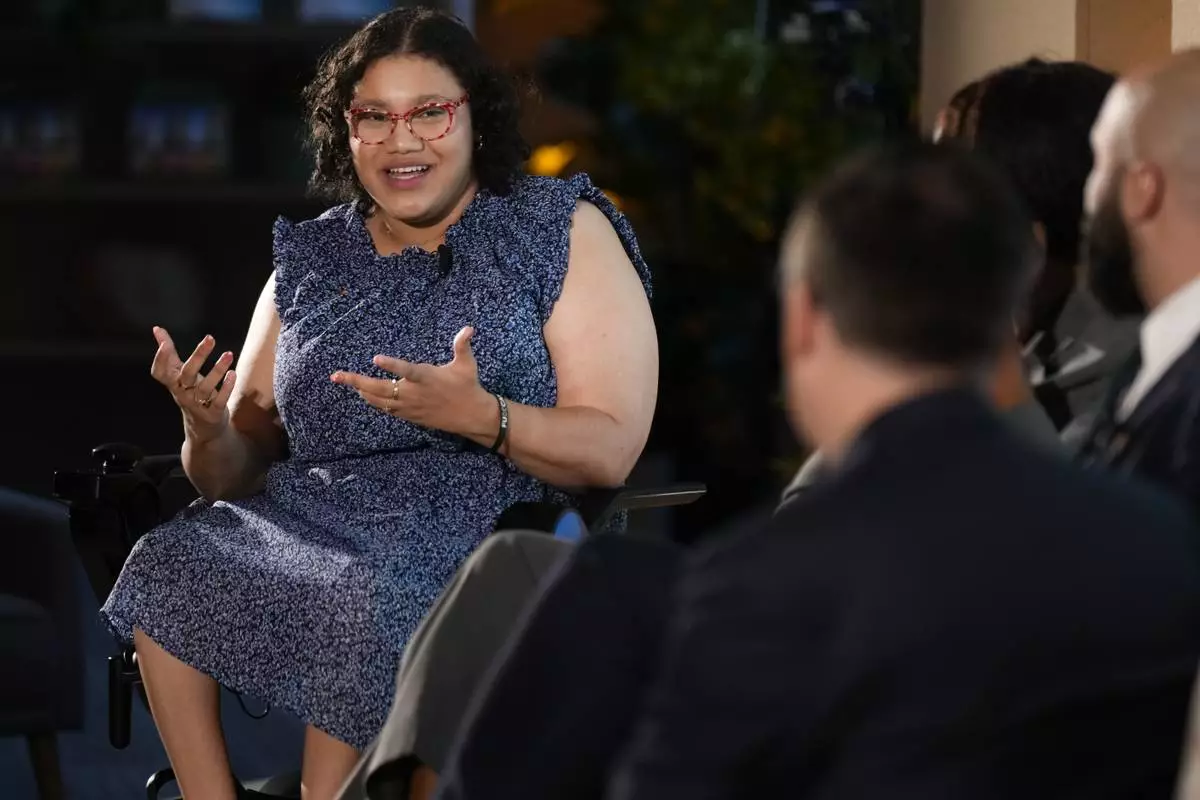
Daphne Frias speaks during an event at United Nations headquarters, Thursday, Sept. 26, 2024. (AP Photo/Seth Wenig)
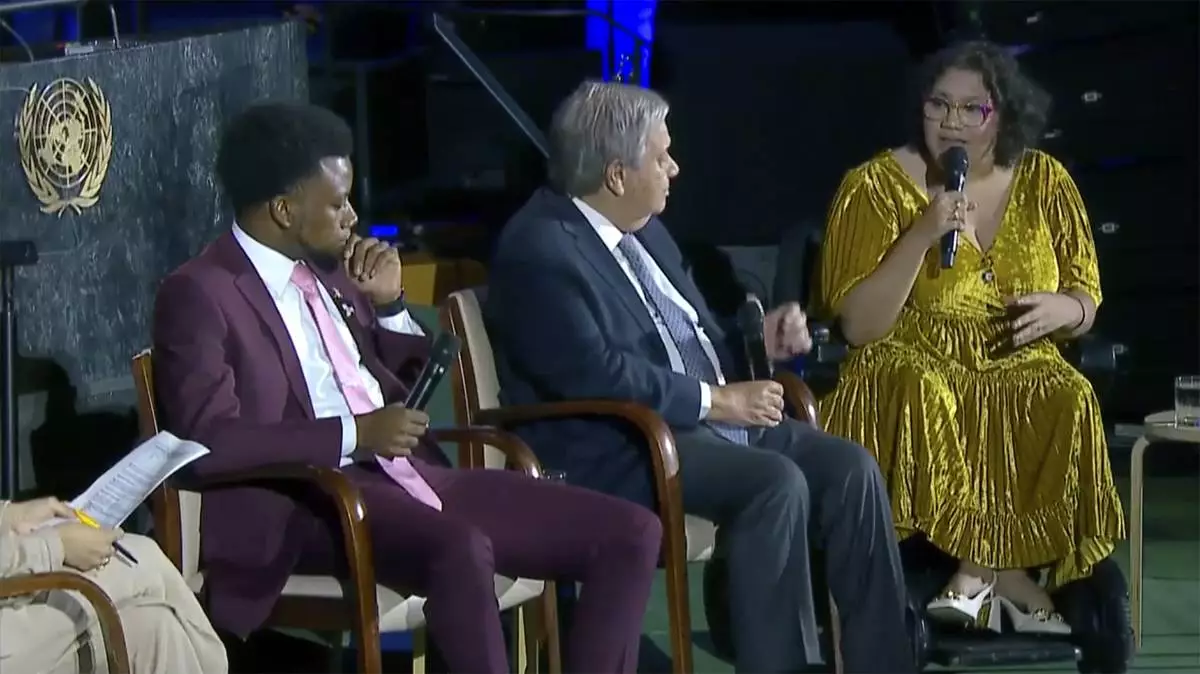
In this photo taken from video, Daphne Frias, right, engages with United Nations Secretary General Antonio Guterres, Friday, Sept. 20, 2024 during a panel discussion at UN headquarters. (UNTV via AP)











